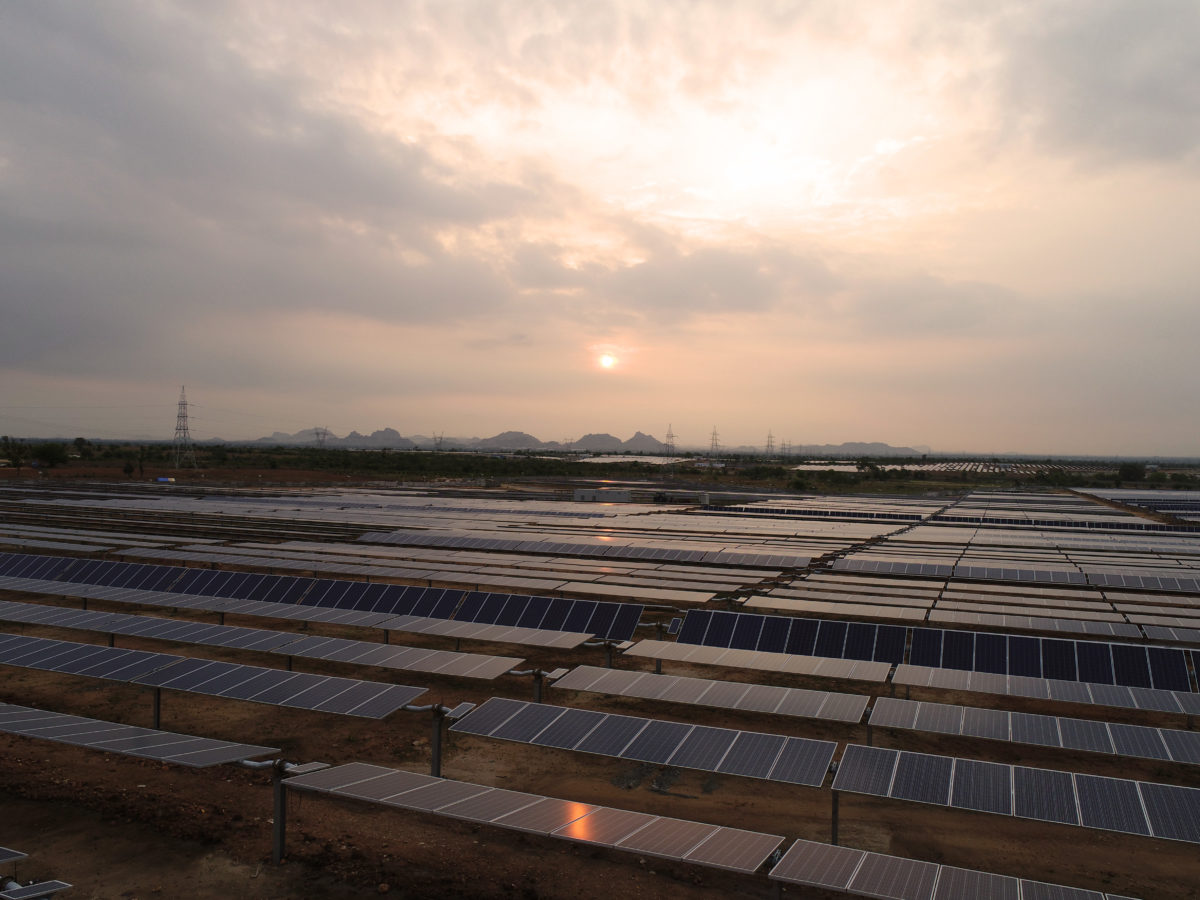The renewable projects in Lakshadweep will be offered under global competitive bidding. These will be owned by SECI and developed on a build-own-operate basis.
The scope of work includes the design, engineering, supply, construction, erection, testing & commissioning, including 10 years of plant operation and maintenance. The project aims at providing the electricity supply of the inhabited islands in Lakshadweep partly or wholly through renewable sources.
According to India’s Ministry of New and Renewable Energy (MNRE), Lakshadweep had just 0.75 MW installed capacity of ground-mounted grid-interactive solar power as on December 31, 2018.
“The Indian government is aiming at meeting the complete power demand of Andaman & Nicobar and Lakshadweep islands through renewable energy sources,” said India’s power and renewable energy minister R.K. Singh recently.
The MNRE recently amended the guidelines for setting up distributed grid-connected solar PV projects in Lakshadweep and Andaman and Nicobar Islands with capital subsidy. Under the new guidelines, the scheme will now be valid for projects implemented up to March 21, 2020. Also, the target of 40 MW was raised to 52 MW.
The scheme now covers the development of standalone solar PV power projects, standalone battery energy storage systems, solar PV plant with BESS, transmission system for solar PV plant and floating solar PV power plants (with or without BESS).
This content is protected by copyright and may not be reused. If you want to cooperate with us and would like to reuse some of our content, please contact: editors@pv-magazine.com.









By submitting this form you agree to pv magazine using your data for the purposes of publishing your comment.
Your personal data will only be disclosed or otherwise transmitted to third parties for the purposes of spam filtering or if this is necessary for technical maintenance of the website. Any other transfer to third parties will not take place unless this is justified on the basis of applicable data protection regulations or if pv magazine is legally obliged to do so.
You may revoke this consent at any time with effect for the future, in which case your personal data will be deleted immediately. Otherwise, your data will be deleted if pv magazine has processed your request or the purpose of data storage is fulfilled.
Further information on data privacy can be found in our Data Protection Policy.